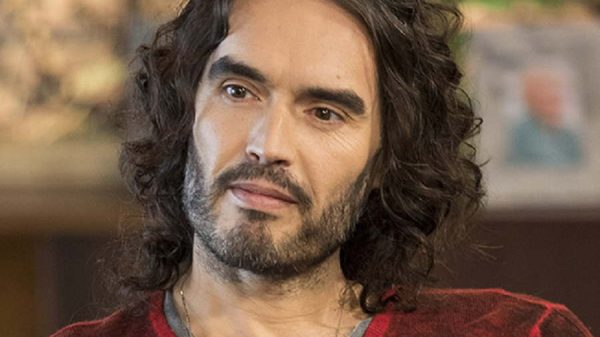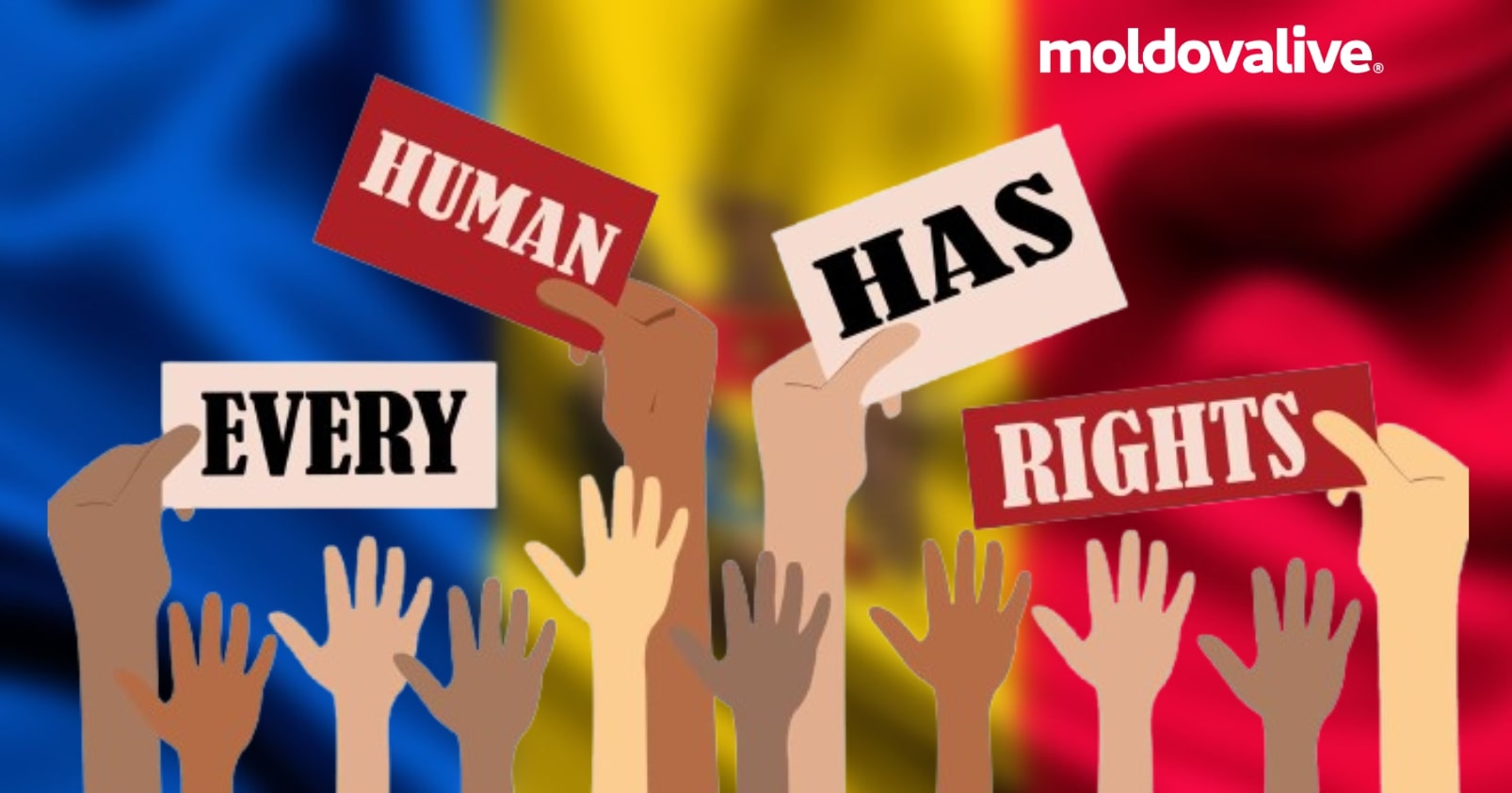The International Center for the Protection of Human Rights and Democracy (ICPHRD) successfully hosted a landmark conference on June 25th in Chisinau, Moldova, addressing pressing issues related to freedom of speech, governance, rule of law, and the judiciary—pivotal for Moldova’s democratic progression.
The conference highlighted the significant challenges Moldova faces, including corruption and limited press freedom, which hinder its progress toward stability and democracy. Emphasizing the importance of international cooperation and expertise exchange, the ICPHRD aimed to tackle these systemic issues effectively.
The event commenced with opening remarks by ICPHRD founder Stanislav Pavlovschi, former Justice Minister of Moldova, European Court of Human Rights judge, and leading human rights advocate. Pavlovschi stressed, “Freedom of speech is a fundamental right, without which it is impossible to inform citizens about the state of affairs in the country and, ultimately, without which the existence of a democratic state turns into an illusion. This conference represents an important step toward the further development of the democratic regime in the Republic of Moldova and beyond. Independent journalism and open dialogue play a key role in fostering a truly democratic society.”
Prominent US economist Dan Mitchell highlighted the connection between governance quality and economic progress, stating “according to the World Bank’s governance indicators, things have not improved in Moldova, referring to the connection between quality of governance and how well the economy improves.” He noted that “all the scores are weak by European standards” and added, “Things are not getting better in terms of quality of institutions either.” Mitchell referenced various international indexes showcasing Moldova’s low ratings on issues such as corruption and the state of rule of law, stating that “the challenge with government corruption is that powerful politicians don’t want constraints, citing best practices such as the need for “independent anti-corruption commission, the use of dispassionate foreign judges, all the way to shrinking the size and scope of government.”
UK academic and journalist Ivor Gaber underscored the ethical responsibilities of journalists, asserting, “Journalists have a first obligation to the truth” and “Journalism is not a crime.”
CEO of RealityCheck Daniel Pomerantz emphasized the relationship between journalists and their audience, stating “a journalist should never have to be afraid of the power of their government, but they should be a little bit afraid of the intelligence of their audience.”
Turkish academic and legal expert Zeynep Ardic pointed out the necessity of free media for accountability, saying “if you do not have free media, you cannot expose corruption and hold authorities accountable.” She added, “Media organizations and journalists must operate freely without undue influence, political and economic pressures, ownership concentration, and legal and physical threats.”
American journalist John Fund discussed the role of media in democracy and the problem of self-censorship, noting that “governments in several countries, including Moldova, are not engaged in providing civic education about the importance of free and independent media. Self-censorship is a major issue, whereby journalists do not feel safe enough to run certain stories.” He emphasized the media’s role in exposing corruption and the necessity for external support, adding, “there is much to be done from the outside to support a free and independent media in Moldova, and the Moldovan diaspora has a key role to play in that regard. I do not think the shutting down of media outlets is in any way justified, and governments should not make up excuses to ban media outlets that oppose them.”
UK veteran journalist Tanya Beckett highlighted several key recommendations for media organizations to navigate current risks. She emphasized the importance of effectively utilizing social media, and engaging audiences to foster trust and credibility. Additionally, she stressed the “necessity of educating audiences to enhance media literacy, avoiding self-censorship to maintain journalistic integrity, and promoting a free press as crucial for accountability and democracy,” adding that “these strategies are essential for media organizations to address the multifaceted challenges they face today.”
Freedom of speech remains a critical concern, especially with Moldova’s upcoming presidential election in October and the subsequent parliamentary elections in 2025. Ensuring free and fair elections is impossible without protecting freedom of expression, making the defense of journalists’ rights a top priority.




















